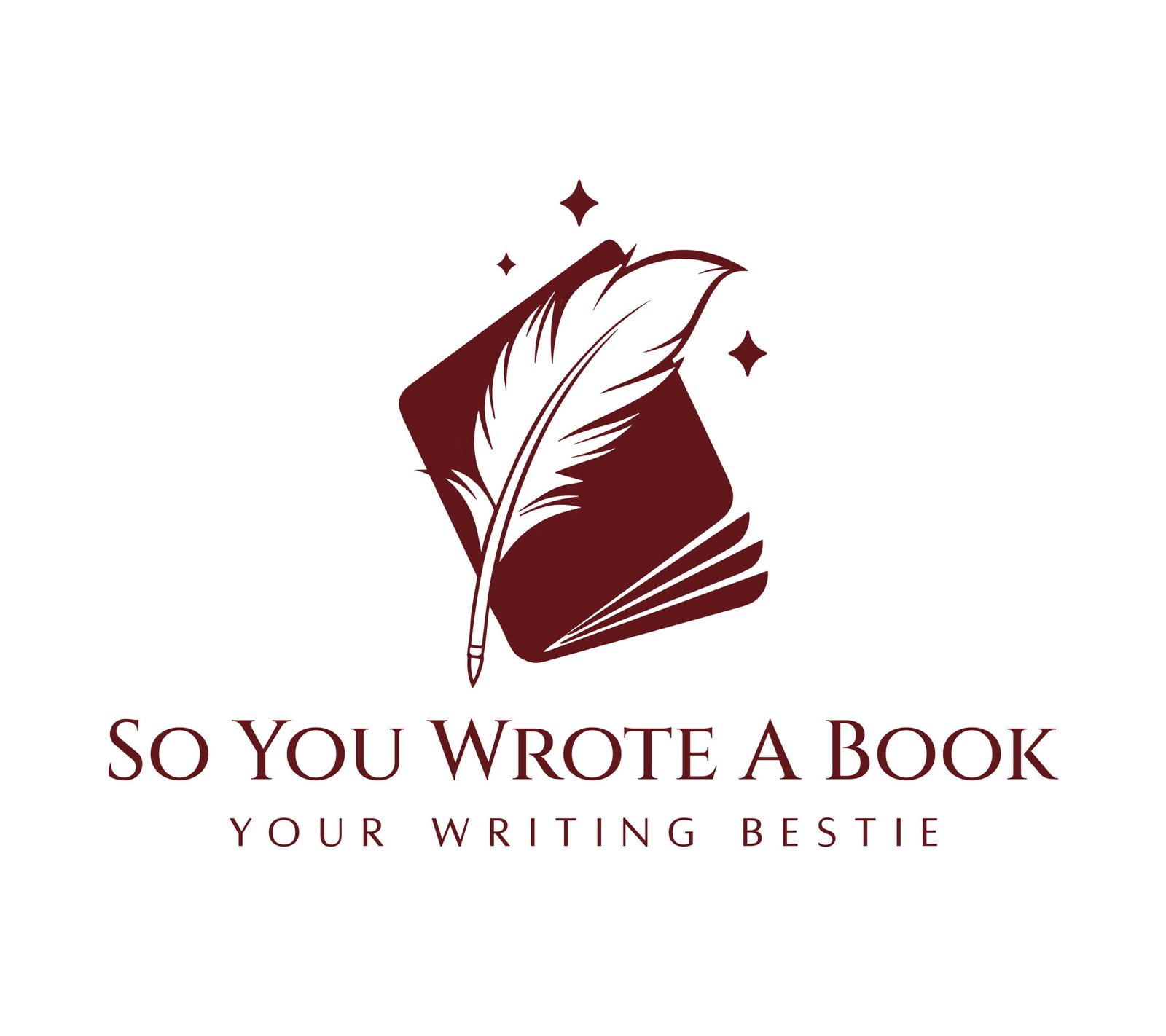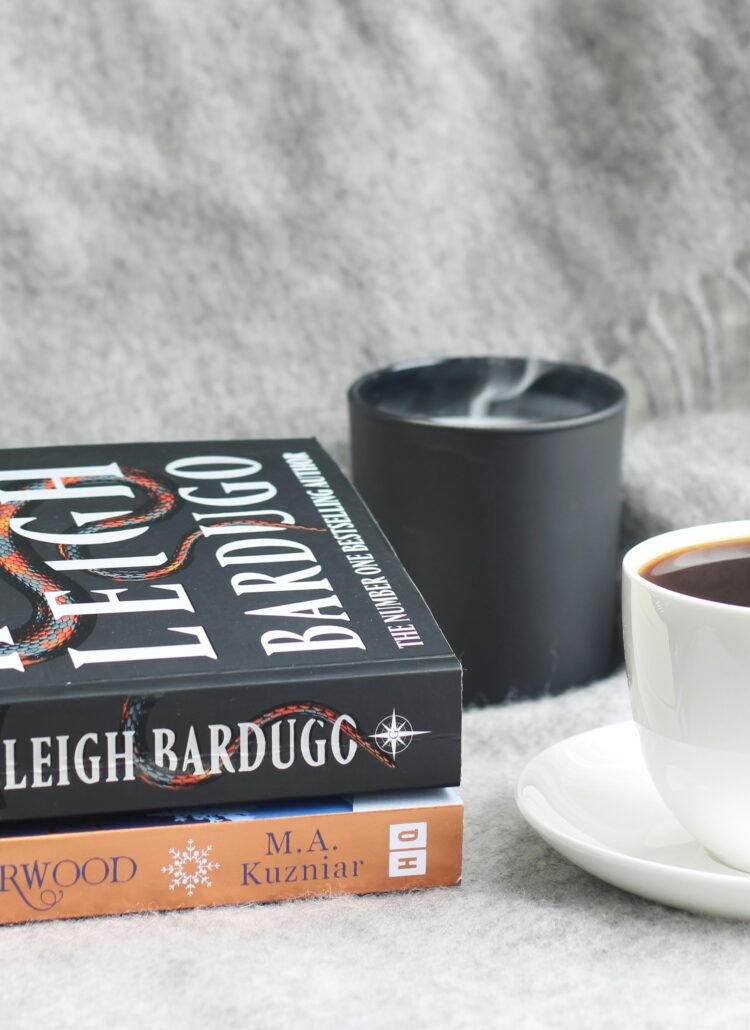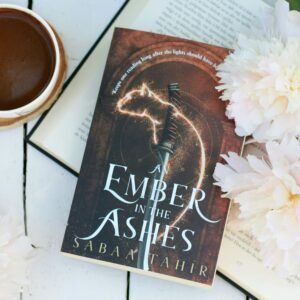Alright, let’s get real for a moment. You’ve got an epic story swirling in your head – characters who practically leap off the page, a plot that keeps twisting and turning, and an emotional rollercoaster that has you on the edge of your seat. It’s amazing… until you realise something that stops you dead in your tracks: keeping track of it all is a total nightmare and you have got your wires twisted around when things happen in the timeline of your story (and before and after too).
Suddenly, you’re tangled in a web of plot holes, character mix-ups, and timeline disasters that leave you scratching your head and wondering if you’re even writing the same story anymore. You’ve got the drama, the action, and the feels, but without a clear timeline, everything starts to feel… well, a bit like a hot mess.
Listen, I know it feels like one more task to throw on the never-ending to-do list of writing, but trust me when I say: tracking your novel’s timeline is absolutely crucial. Whether you’re building a thrilling mystery, a heart-shattering romance, or an epic fantasy world, the timeline is the backbone of your story – and it keeps everything from falling apart.
In this post, we’re going to break down why tracking your novel’s timeline isn’t just about jotting down dates (it’s about much more than that, I promise). Plus, we’ll dive into some of the best platforms to help you organise your plot like a pro and keep your readers hooked from start to finish.
Let’s make sure your story stays as epic as you envision, without the chaos to trip you up.

Why You Should Track the Timeline of Your Novel
1. Keep Your Plot on Point
A timeline ensures your plot isn’t just a string of cool events – it keeps everything happening in the right order. One minute, your character could be in the middle of a life-changing event, and the next, they’re having coffee like nothing ever happened. A solid timeline lets you track the progression of major events, making sure the emotional beats follow one another in a way that feels authentic.
And remember, many stories actually start prior to the events that take place in your novel. Think about it: does your character have trauma from something that happened as a child? Well, you need to have a timeline of events from when they were a child to keep track of it all!
Timelines are also essential for people writing a series!
2. Manage Character Development Like a Pro
Great character arcs don’t happen overnight (unless you’re writing a fantasy where time works differently – lucky you!). With a timeline, you can track your character’s emotional and personal growth and ensure that their development aligns with the events of the story.
You don’t want your character to overcome a massive obstacle and then, out of nowhere, be dealing with a completely different emotional issue. Timelines help you stay consistent.
3. Ensure a Realistic Passage of Time
In life, things don’t happen on a whim – and neither should they in your story. How long should your character take to grieve after a tragedy? How much time needs to pass before they can realistically fall in love or heal from a traumatic experience? A timeline lets you pace events appropriately, so your story doesn’t feel rushed or drag on unnecessarily.
4. Make Multi-POV Narratives Work
If you’re juggling multiple characters’ perspectives, keeping track of their individual timelines can be a nightmare. With a timeline, you can align your characters’ actions, making sure that while one character is going through a dramatic life change, another might be facing a quiet but important personal moment. This helps you weave those narratives together without confusing your readers.
5. Streamline Your Editing Process
When it’s time to edit, having a timeline is like having a cheat sheet. You’ll already know what happens when and where, which makes it easier to spot inconsistencies or plot holes. If a character suddenly shows up in the wrong place at the wrong time, or if too much time has passed between key events, your timeline will have your back.

Best Platforms to Track the Timeline of Your Novel
So, now that you know why you should track the timeline of your novel, let’s dive into the best platforms that can help you do it. Whether you prefer something simple and no-fuss or something visual and interactive, there are so many options for you to choose from!
1. Plottr
Why It’s Great: If you like the idea of organising your plot visually, Plottr is your new best friend. It allows you to drag and drop events, plot points, and character arcs in a way that’s super interactive.
If you’re a planner who likes to see everything laid out in front of you, Plottr is perfect.
Best For: Writers who love an interactive, drag-and-drop timeline that lets them visualise everything.
Features:
- Customisable timelines
- Scene and character organisation
- Easy-to-use interface
2. Scrivener
Why It’s Great: Scrivener is a total powerhouse. It’s more than just a writing tool – it’s a full-on project manager for your novel. Its corkboard feature lets you organise scenes into virtual sticky notes, and the ability to split your screen means you can track your plot while writing.
Best For: Writers who want a one-stop shop for writing, organising, and tracking events. I highly highly recommend this for all your novel needs!
Features:
- Scene-by-scene corkboard view
- Built-in timeline features
- Split-screen mode for easy tracking
- Perfect for writing your whole novel – from start to finish!

3. Trello
Why It’s Great: Trello isn’t specifically for writers, but it’s an awesome tool for organising your novel. With its boards, cards, and checklists, you can easily track your timeline and tick off when you’ve worked on it. You can colour-code your cards, rearrange them, and track each event in your story’s timeline all in one place.
Best For: Writers who want a simple, customisable, and visual way to organise their timelines.
Features:
- Drag-and-drop organisation
- Colour-coded labels
- Checklist options for scenes
4. Aeon Timeline
Why It’s Great: If you’re writing a complicated, multi-layered story, Aeon Timeline is a must-have. It’s designed specifically for writers and allows you to map out detailed timelines. It even syncs with Scrivener, so your writing and organising can flow seamlessly.
Best For: Writers with intricate plots or multiple POVs who need a detailed, comprehensive tool.
Features:
- Detailed, customisable timelines
- Character and event relationships
- Syncs with Scrivener
Sign Up to Aeon Timeline here.
5. Google Sheets/Excel
Why It’s Great: If you’re looking for something straightforward and flexible, Google Sheets or Excel can be a great and simple option. You can create a simple table and customise it to track events, dates, and characters.
Best For: Writers who want a no-frills, customisable solution.
Features:
- Customisable tracking
- Simple and easy to use
- Sharing and collaboration options
Download our easy-to-use template over on our freebies page!

6. Notion
Why It’s Great: Notion is a flexible tool that you can use for just about anything. With its customisable templates, databases, and calendar views, it’s easy to turn Notion into a personalised timeline tracker.
Whether you need a simple calendar view or a detailed event tracker, Notion has you covered.
Best For: Writers who want total flexibility with their organisational tools.
Features:
- Customisable templates
- Database and calendar views
- Simple, user-friendly interface
7. Canva Templates
Why It’s Great: Canva isn’t just for designing pretty graphics – it’s a game-changer when it comes to organising your novel. With its sleek, drag-and-drop interface, Canva lets you create custom (and cute) timelines.
Best For: Writers who love visual tools and want to design their novel’s structure with flair.
Features:
- Customisable, easy-to-use templates
- Drag-and-drop design features
- Visual appeal with a professional finish
- A wide variety of design options, from mood boards to chapter planners

Tracking the timeline of your novel isn’t just about keeping events in order – it’s about creating a cohesive, well-paced story that feels real to your readers.
Whether you’re writing a slow-burn romance, a fast-paced thriller, or a character-driven drama, understanding the flow of time in your novel will help you maintain consistency, pacing, and emotional depth.
Pick the platform that you will feel comfortable using and one that fits your writing style.
From highly visual tools like Plottr and Aeon Timeline to straightforward solutions like Google Sheets, there’s something out there to help you keep everything on track.
Happy writing – and may your timeline be as epic as your story!
Abbie xoxo




